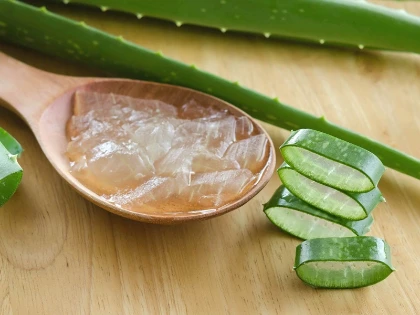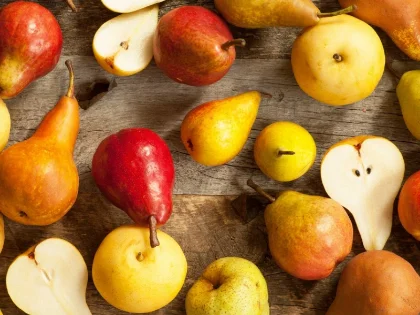Is it OK to Eat Cucumbers Everyday?
A great food source of vitamins and minerals is cucumbers. They provide health to any diet because they are high in water content and low in calories.
On the other hand, consuming too many cucumbers can be harmful. Due to their diuretic qualities, they may cause excessive fluid loss. In addition, they induce stomach issues and skin irritation.
1. Preserves fluids
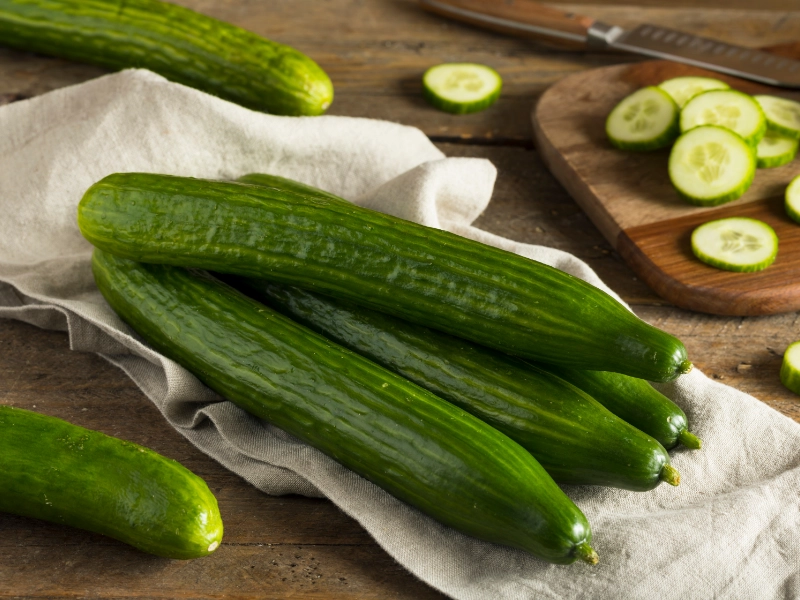
A, K, and C vitamins are found in cucumbers, and they are hydrating. Additionally, they contain potassium, which promotes muscular activity and helps keep blood pressure levels regular. While vitamin K is critical for blood clotting and bone health, vitamin A is required for healthy vision and the immune system.
Cucumber slices contain only 16 calories per cup. It can therefore satisfy your hunger without providing too many calories. It can be consumed in salads and soups, dipped in hummus and vinaigrette, or eaten raw, steamed, or cooked.
Because they are primarily composed of water, including cucumbers in your diet can assist you in meeting your daily fluid requirements. Cucumbers can be used to flavor water or blended into smoothies. Even adding a couple slices to your salad is an option. However, since non-organic cucumbers frequently contain potentially hazardous pesticides, make sure to purchase organic cucumbers and peel them if you find them at the grocery store.
2. Promotes weight loss
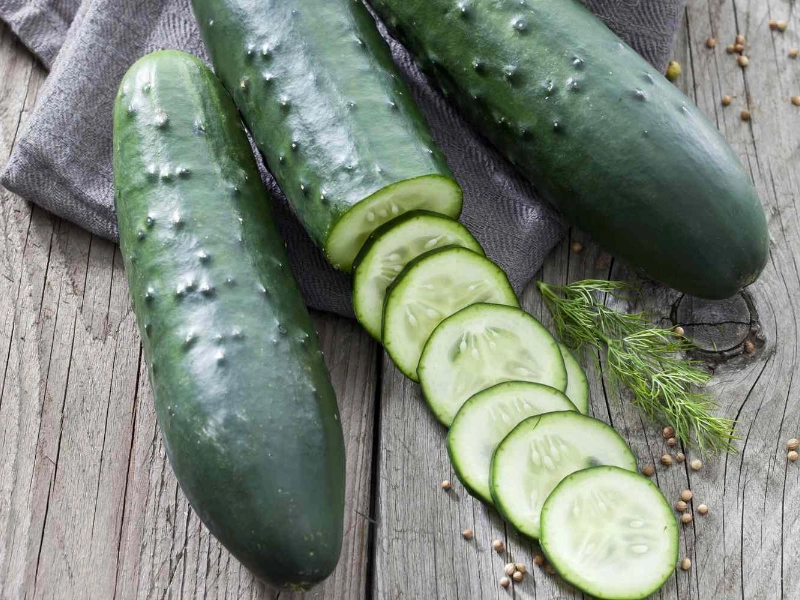
Salads are a standard choice for nutritious dinners. Salad components are rich in vitamins and nutrients that help you feel full and content while maintaining a healthy weight. Among those ingredients are cucumbers.
They make you feel full since they are high in fiber and hydration. Additionally, cucumbers are low in calories, fat, and salt. Just 16 calories, 4% of your daily potassium, and 3% of your body's required vitamin C can be found in one cup of sliced cucumbers.
They also include a naturally occurring plant chemical called cucurbitacin B (CuB), whose potential to prevent cancer and lessen inflammatory reactions in the body is now being studied. They also include high potassium and low sodium content, both of which contribute to lowered blood pressure.
3. Aids in the removal of foul breath
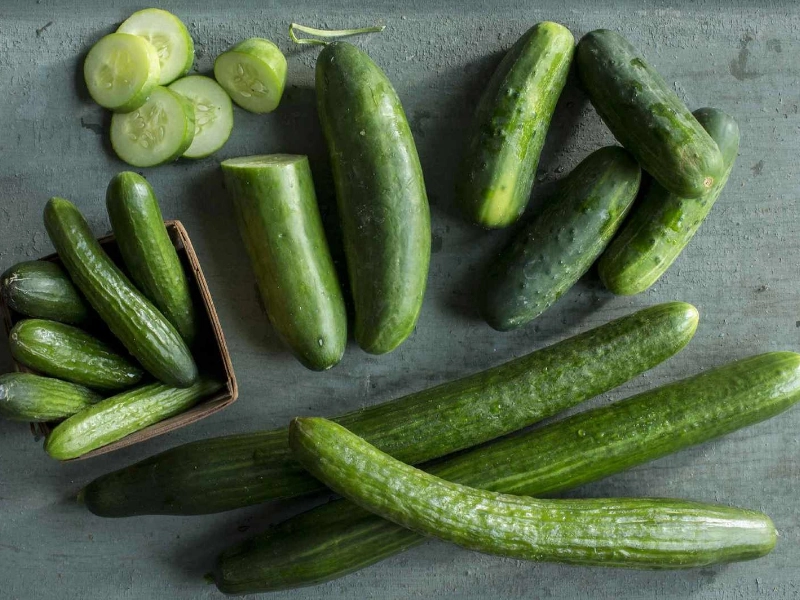
B vitamins, potassium, and magnesium, which can lower high blood pressure, are abundant in cucumbers. Moreover, fiber can reduce cholesterol and fend off heart disease. In addition, cucumbers are minimal in calories and salt. Cucumbers are actually fat-free and have less than 100 calories per half-cup.
Given that it naturally cleans teeth and gets rid of plaque, a cool slice of cucumber can be a natural treatment for foul breath. The vegetable also helps to moisten your mouth, which helps to counteract the halitosis odor.
Pickling and slicing cucumbers are two types of cucumbers that belong to the gourd family (Curbitaceae). Cucumbers that are sliced and typically consumed raw are typically seen in grocery stores, where they are put on salads and raw vegetable platters. Both varieties are nutrient-dense, but sliced cucumbers are particularly high in vitamin K and folate. Cucumbers provide 11% of the daily required amount of these vitamins in a serving.
4. Takes pain away
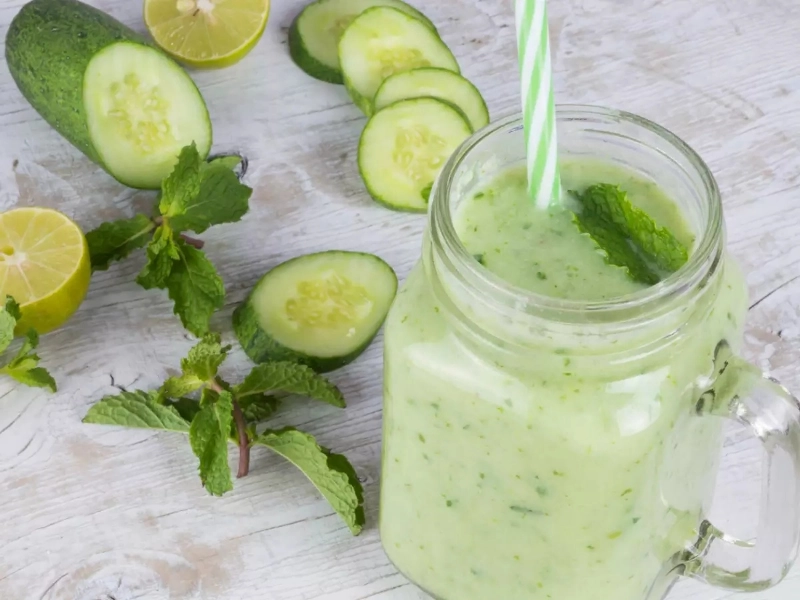
Because they are 96% water, cucumbers are the ideal vegetable to stay hydrated. In addition, they are high in fiber, vitamin K, and vitamins C and A. They help prevent cancer and have anti-inflammatory qualities. Additionally, they have a lot of lignans, which may help prevent heart disease and osteoporosis.
Because they contain a lot of potassium, cucumbers help lower blood pressure. This electrolyte and sodium work together to regulate heart rate, muscular contraction, and nerve impulse transmission. Vitamins B1, B5, and B7, which are also present in cucumbers, can help reduce anxiety and some of the negative consequences of stress.
Consume cucumbers raw or blended into smoothies and salads. Additionally, pickles and fermented green juices are popular with them. Sabzi, or cucumber soup, is another option. Cucumbers that have been kept at room temperature for an extended period of time should not be consumed, as this may cause bloating and an upset stomach.
